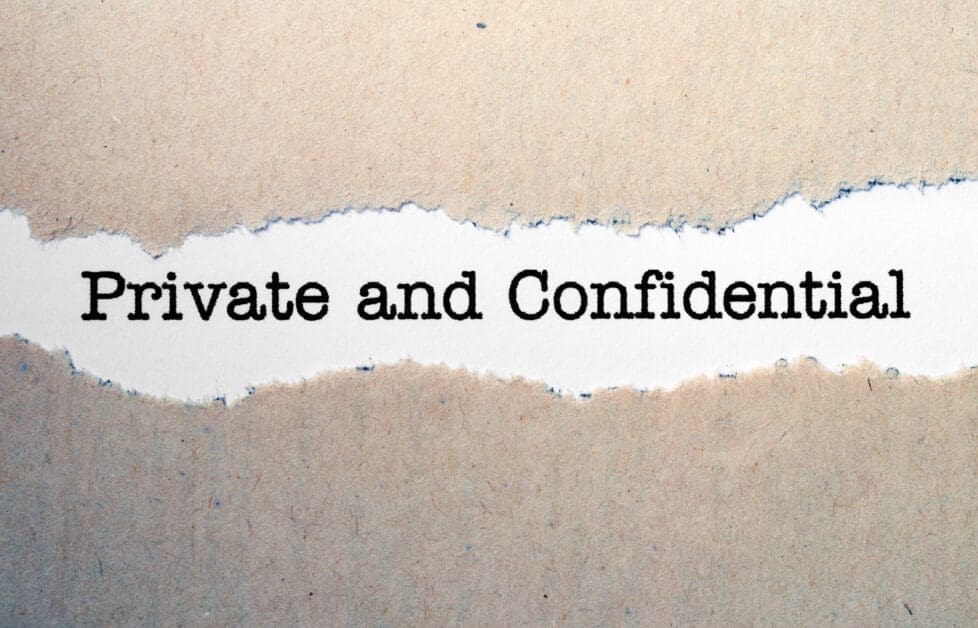Your Data, Their Profit: The Future of Privacy Lawsuits
In the digital economy, personal data has become a form of currency—often traded, sold, or leveraged by companies without consumers’ knowledge. From browsing history and purchase behavior to health records and location data, organizations collect enormous amounts of personal information under the promise of “better user experience.” But as the monetization of data accelerates, so do the legal battles surrounding it.
Privacy lawsuits are no longer niche. They are reshaping public expectations, corporate policies, and the legal standards that govern how data is collected, shared, and protected.
From Background Data Collection to Public Accountability
Most people don’t see the invisible pipelines of data flowing behind every app, website, and digital service. Companies use this data to target ads, influence purchasing behavior, and predict trends. But when data is collected without explicit consent—or used in ways the consumer disagreed to—it becomes grounds for legal action.
Sarah N. Westcot, Managing Partner at Bursor & Fisher, P.A., explains, “Privacy rights aren’t abstract—they’re personal. When companies misuse consumer data, they violate the trust of their customers. Class actions are a critical mechanism to hold them accountable at scale.”
Recent high-profile lawsuits involving streaming platforms, health tracking apps, and retail loyalty programs reveal a growing pattern: consumers are demanding transparency and control. And the courts are listening.
The Rise of Data Breach and Misuse Litigation
Cybersecurity failures have fueled the issue. Data breaches affecting millions of users have led to identity theft, fraudulent transactions, and emotional distress. Lawsuits increasingly argue that companies must not only protect data, but also justify why they collect so much of it in the first place.
Dr. Nick Oberheiden, Founder at Oberheiden P.C., notes, “As data becomes a strategic business asset, companies hold a legal duty to safeguard it. Negligence in data governance is no longer simply a technical failure—it is a legal liability.”
This shift signals a more substantial alignment between cybersecurity risk management and legal compliance.
Internal Compliance Is the New Competitive Advantage
Businesses are learning that privacy compliance is not just about avoiding lawsuits—it’s also about operational clarity and consumer trust. Timothy Allen, Director at Corporate Investigation Consulting, explains, “Effective compliance isn’t reactive. Companies must build systems that document how data is collected, who can access it, and how it is secured. Without structure, there can be no defense.”
Organizations that invest in proactive privacy governance are finding it easier to earn customer loyalty—and are becoming increasingly challenging to catch unprepared in court.
Why Consumer Trust is Now a Business Growth Strategy
Privacy lawsuits have also influenced how brands communicate with their customers. Clear consent forms, simpler privacy policies, and more transparent user data dashboards are becoming standard practice.
Gerrid Smith, Founder & CEO of Fortress Growth, emphasizes, “Trust is now a competitive advantage. People want to do business with companies that respect them. When transparency increases, loyalty follows.” In other words: data protection is no longer a back-office concern—it’s part of brand identity.
Debt, Damage, and the Financial Side of Breach Fallout
For many consumers, privacy violations can result in significant financial harm, including fraudulent accounts, credit damage, and long-term debt issues. Class actions often seek compensation for these downstream effects.
Brett Gelfand, Managing Partner at Cannabiz Collects, explains, “Financial harm doesn’t always appear immediately. Data exposure can create long-term vulnerabilities for consumers, especially when credit systems are involved. Accountability must consider that timeline.” This recognition is leading courts to acknowledge broader, long-term damages—not just immediate loss.
The Future: More Lawsuits, More Standards, More Consumer Power
As technology evolves, so will data privacy regulation. Future trends include:
- More class actions targeting hidden data tracking technologies
- Increased transparency requirements for app and website data usage
- Stronger rules around consent, retention, and third-party sharing
- Larger settlements and faster legal resolutions
- But the most significant shift is cultural: consumers now recognize their data has value.
And when value exists, so does the right to defend it.
Conclusion
Privacy lawsuits are not merely punishing corporations—they are reshaping how digital society operates. They are forcing transparency, elevating consumer rights, and redefining the line between ethical data use and exploitation. The future of privacy will be determined not just by lawmakers or corporations, but by consumers who choose to speak up. And that future has already begun.















